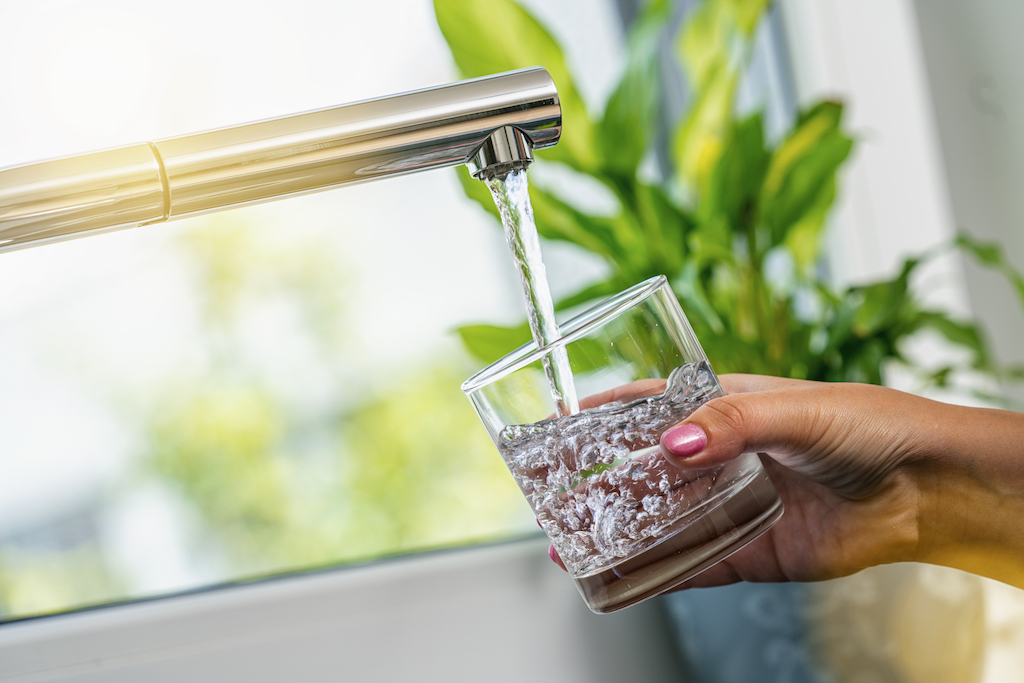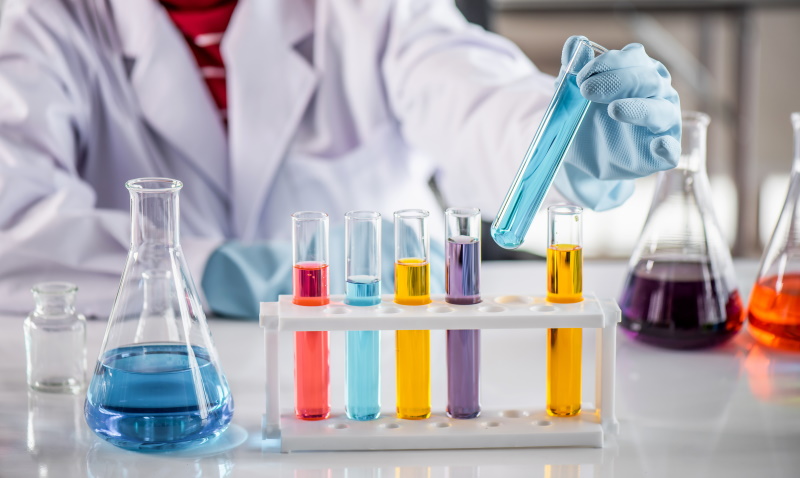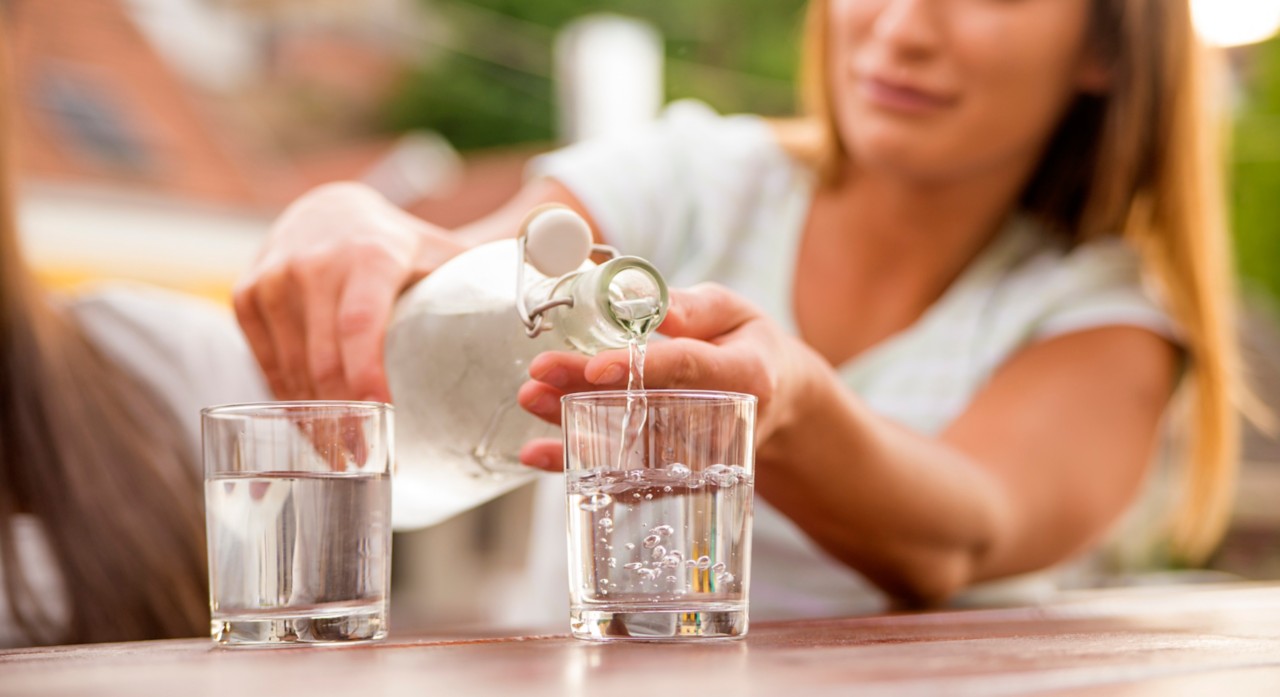Clean and safe drinking water is a necessity for every individual, but what if I told you that your tap water might not be as pure as you think? In this article, we will delve into the hidden dangers lurking in your tap water and how water testing can unveil these threats to your health and well-being.

Understanding Water Contaminants
Water contaminants come in various forms, and they can find their way into your tap water through multiple sources. These contaminants can include:
- Bacteria and Viruses: Harmful microorganisms can infiltrate your water supply, causing a range of illnesses, especially if the water treatment facilities are not up to par.
- Heavy Metals: Lead, arsenic, and mercury are among the heavy metals that can leach into your tap water from corroded pipes and industrial discharges. Prolonged exposure to heavy metals can lead to severe health problems.
- Chemicals: Pesticides, herbicides, and industrial chemicals can seep into groundwater and contaminate your tap water, posing health risks over time.
- Chlorine and Chloramines: While used as disinfectants, excessive levels of chlorine and chloramines in tap water can affect taste and odor and have potential health concerns.
Methods of Water Testing
To uncover the hidden dangers in your tap water, you can employ various water testing methods:
- DIY Water Testing Kits: These affordable kits are readily available and allow you to collect water samples and perform basic tests at home. They provide a quick snapshot of water quality.
- Professional Water Testing Services: Consider hiring professionals who use advanced equipment and conduct comprehensive analyses. They can detect a wide range of contaminants accurately.
- Online Water Testing Services: Some companies offer online water testing services, where you send a water sample to their lab, and they provide you with detailed results and recommendations.

Interpreting Water Test Results
Once you have the results of your water test, it’s essential to understand what they mean:
- Safe Drinking Water Standards: Compare your results to the established safe drinking water standards for your region. This will indicate whether your tap water meets regulatory guidelines.
- Taking Necessary Actions: If your water test reveals contaminants exceeding safe levels, take immediate action. Consider installing water treatment systems, replacing old plumbing, or contacting your water provider to address the issue.
Water Treatment Options
If your water test uncovers the presence of contaminants, you may need to explore water treatment options:
- Filtration: Installing a water filter can help remove impurities, including heavy metals and chemicals, making your tap water safer to drink.
- Chlorination: If bacteria and viruses are a concern, chlorination can disinfect the water supply, ensuring it’s free from harmful microorganisms.
- Reverse Osmosis: This method can remove a wide range of contaminants, including heavy metals and chemicals, by forcing water through a membrane.
Conclusion
In conclusion, the hidden dangers in your tap water can be a significant concern for your health and well-being. Water testing is the key to uncovering these dangers and ensuring that you and your family have access to clean and safe drinking water. Don’t take chances with your health—take action today to test your tap water and implement the necessary measures to protect yourself and your loved ones. Your health is worth it.
Frequently Asked Questions
How often should I test my tap water?
It’s advisable to test your tap water at least once a year. However, if you notice any changes in taste, odor, or color, or if you have concerns about contamination, consider more frequent testing.
Are there any signs that my tap water might be contaminated?
Yes, common signs include unusual taste, odor, or color in your tap water. Additionally, if you or your family members experience unexplained health issues, it may be worth testing the water for contaminants.
Can water testing detect all possible contaminants?
Water testing can detect a wide range of contaminants, but not all. It’s essential to choose the right testing method based on your specific concerns and needs.
Is bottled water a safer alternative to tap water?
Not necessarily. Bottled water is subject to fewer regulations than tap water, and it may also contain contaminants. Regular water testing and appropriate treatment are the best ways to ensure safe drinking water.
What should I do if my water test reveals high levels of contaminants?
If your water test results indicate high levels of contaminants, consult with a water treatment professional or your local water authority to determine the best course of action to address the specific issues in your area.







